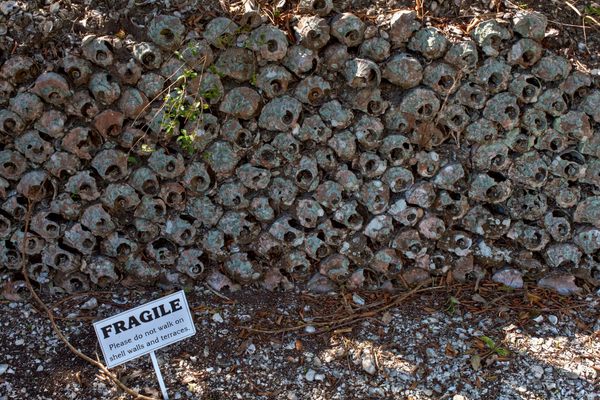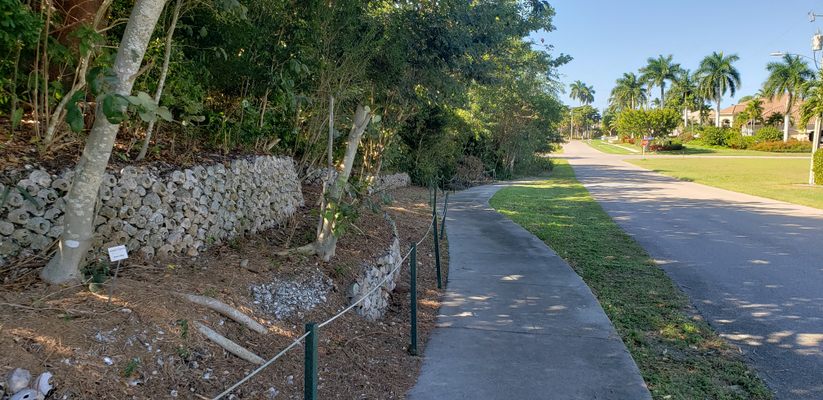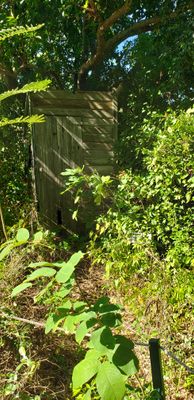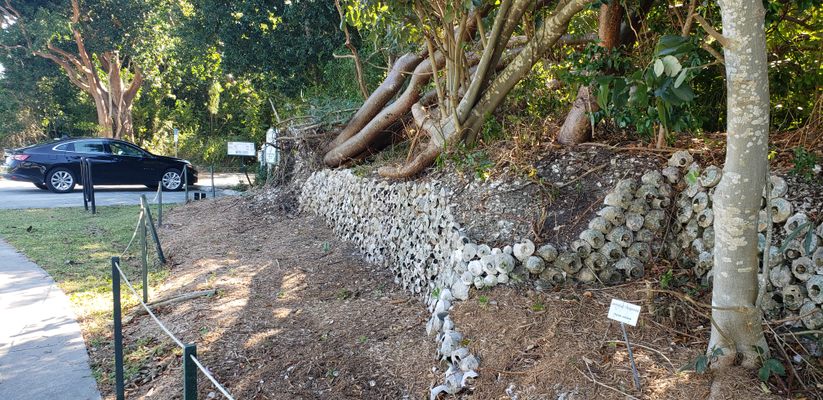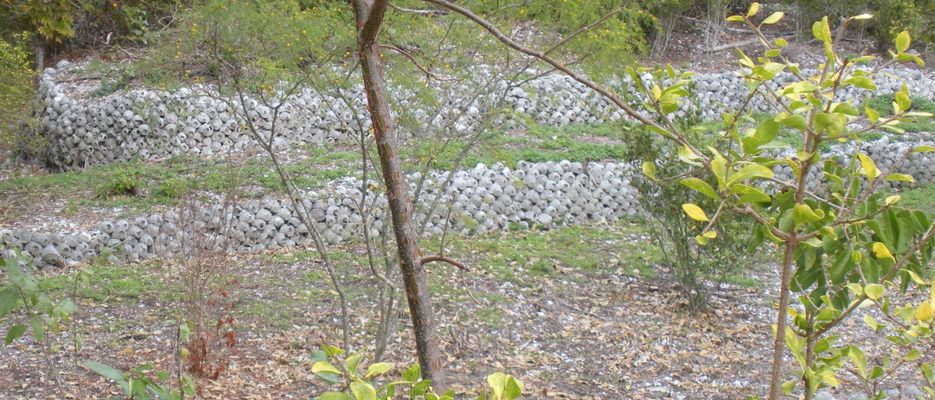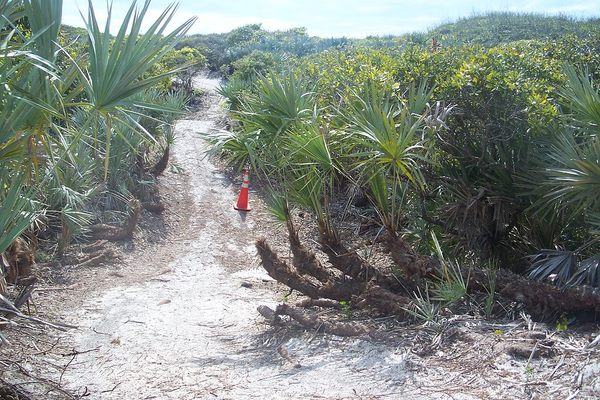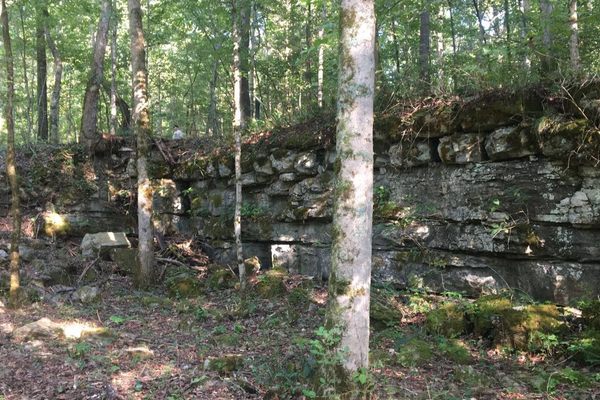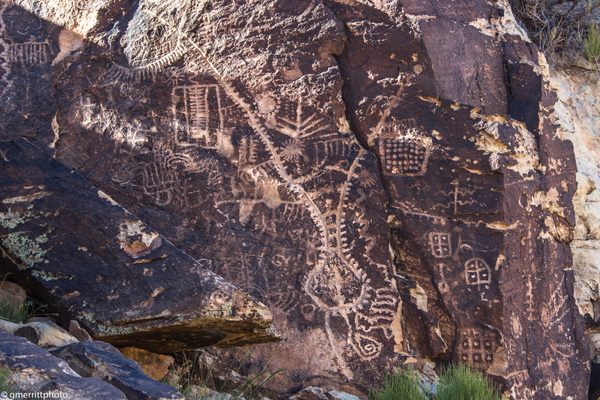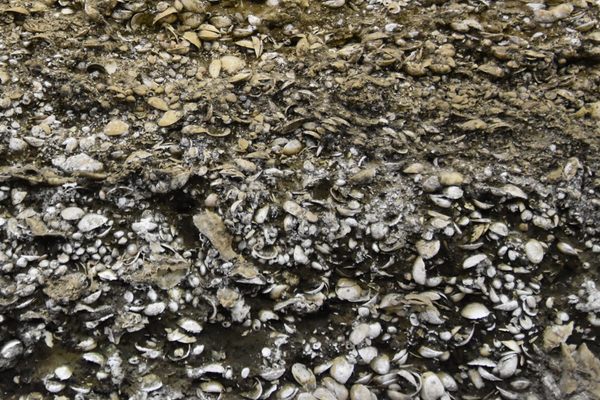About
For hundreds of years on what is now Marco Island in Florida, Calusa Native Americans piled up the discarded shells of oysters, clams, and other shellfish that made up a significant part of their diet. In doing so, huge heaps of shells slowly arose, forming an ancient shell mound that once covered a staggering 80 acres.
Thanks to the alkaline nature of the shell-strewn soil, Calusa artifacts such as ceramics, bones, and stone tools were well preserved in the mound, making the midden a hotspot for archaeologists. The artificially elevated land also grew a "tropical hardwood hammock," a type of closed canopy forest that attracted a wide array of wildlife, including almost 60 species of birds, and animals such as opossums, armadillos, grey squirrels, raccoons, and the occasional bobcat.
Then, some 150 years after the Calusa had disappeared, a white settler by the name of Ernest Otter moved onto the shell mound, where he lived from the 1940s until 1997. Otter, after whom the mound is now named, used the shells to build decorative walls and line the terraces on his property.
The combination of these three things—Calusa archaeology, an abundance of wildlife, and Ernest Otter’s shell walls —created a truly unique environment. For this reason, the Otter Mound Preserve was created in 2004. And while it’s now a small spot covering just 2.45 acres, it’s nonetheless a fascinating place for a stroll.
Today, visitors can walk along the preserve's shady paths through the large gumbo limbo trees, strangler figs, and yellow elders. Then you’ll pass by Otter’s still-standing outhouse and alongside the pretty walls constructed of lightning whelk shells that wind around the property.
Related Tags
Know Before You Go
Entrance to the preserve is from Addison Court on Marco Island. It’s free to enter. There are a few benches and some interpretive signs along the trail, but currently no restroom facilities. The path is not wheelchair accessible. There is a small parking lot for vehicles.
Community Contributors
Added By
Published
May 1, 2018
Sources
- https://www.colliercountyfl.gov/your-government/divisions-a-e/conservation-collier/preserve-information/otter-mound
- https://www.marcoislandliving.com/ottermound/
- http://neafamily.com/your-family/community/otter-mound%3A-enjoy-a-rare-glimpse-into-florida-history/#.WuioWX9OnIU
- https://www.ncpedia.org/shell-mounds
- https://www.nytimes.com/2017/10/19/science/native-americans-shell-middens-maine.html

